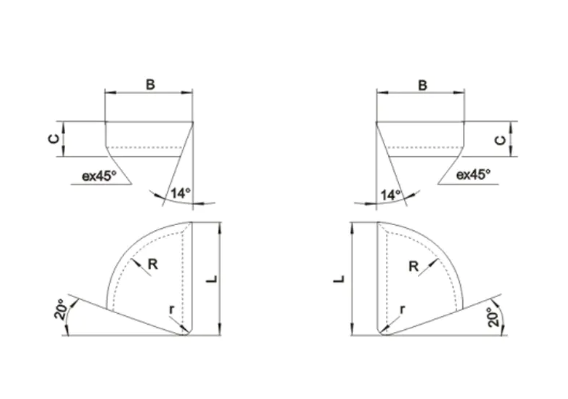Cemented carbide cutting tools continue to hold a vital place in precision machining due to their strong wear resistance and structural durability. These tools are composed of fine carbide particles bonded together with a metallic binder, typically cobalt. The resulting material forms a cutting edge capable of enduring intense operational conditions in industrial environments.
Machinists and manufacturers often select cemented carbide tools for applications that require extended tool life under consistent load. Whether in drilling, milling, or turning, these tools can maintain a sharp cutting edge even under elevated temperatures. This makes them suitable for high-speed operations where lesser tools might degrade quickly.
Cemented carbide cutting tools are particularly effective when machining hardened steels, cast irons, or abrasive alloys. Their resistance to deformation helps in maintaining dimensional accuracy over long production cycles. Additionally, their capacity to perform dry cutting reduces reliance on cooling fluids in some setups, contributing to cleaner manufacturing practices.
Tool geometry, coating technologies, and cutting edge design further influence the performance of cemented carbide. Multi-layer coatings such as TiAlN or AlCrN are frequently applied to extend tool longevity and minimize friction. Though the base material plays a central role, surface treatment and grinding precision also determine effectiveness during cutting.
The application scope of cemented carbide tools spans multiple sectors, including automotive, aerospace, mold-making, and energy. Their consistent performance in machining difficult-to-cut materials has driven a broader adoption in automated and CNC-controlled processes.
While initial costs for cemented carbide tools may be higher than other materials, their durability and extended service intervals often result in long-term savings. These tools contribute to achieving tighter tolerances and smoother surface finishes, which are critical in industries where precision is non-negotiable.
By integrating cemented carbide cutting tools into production systems, manufacturers benefit from a balance between performance and reliability. Their ability to function under demanding conditions reinforces their position in the evolving field of metal cutting.
